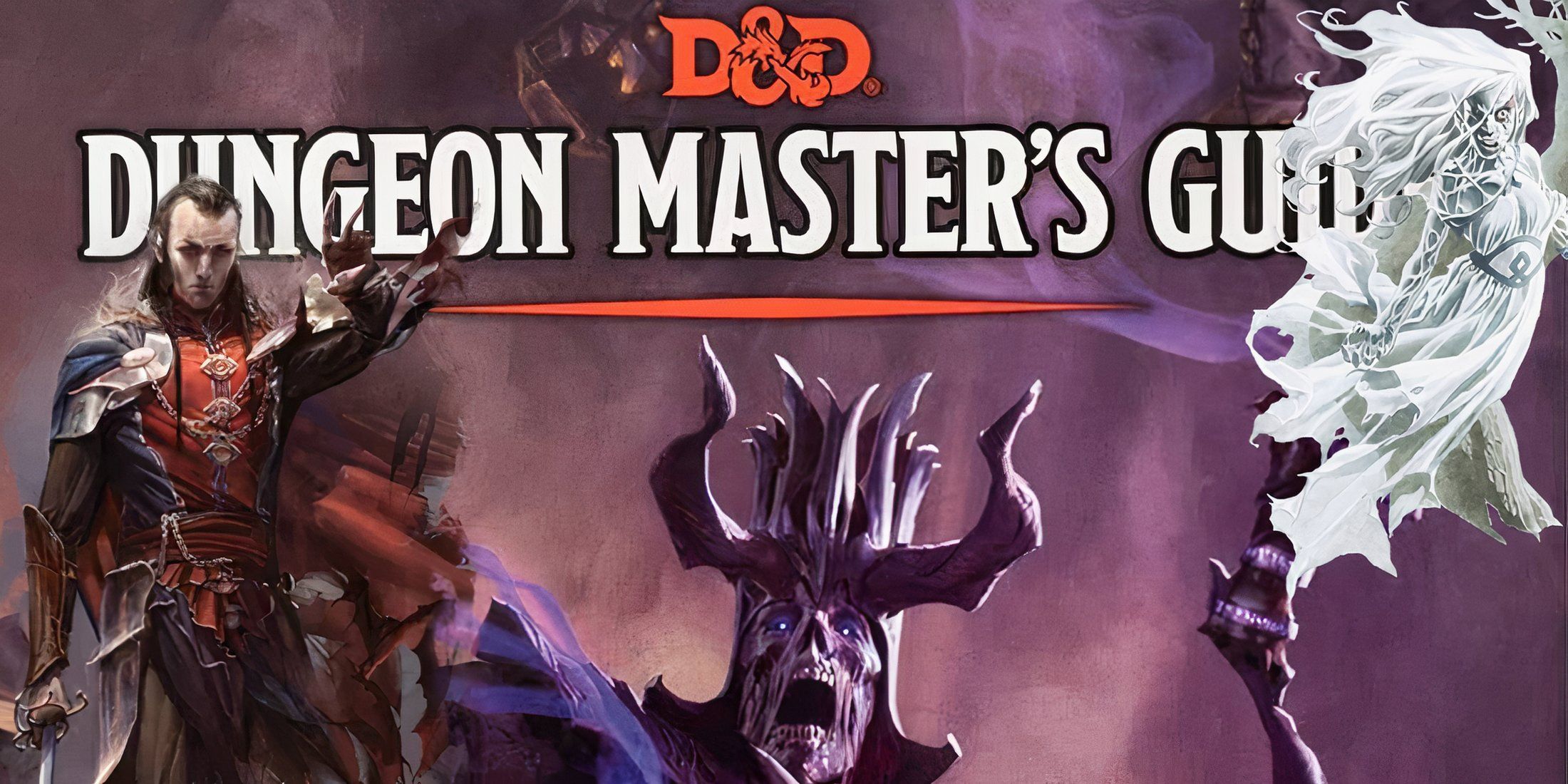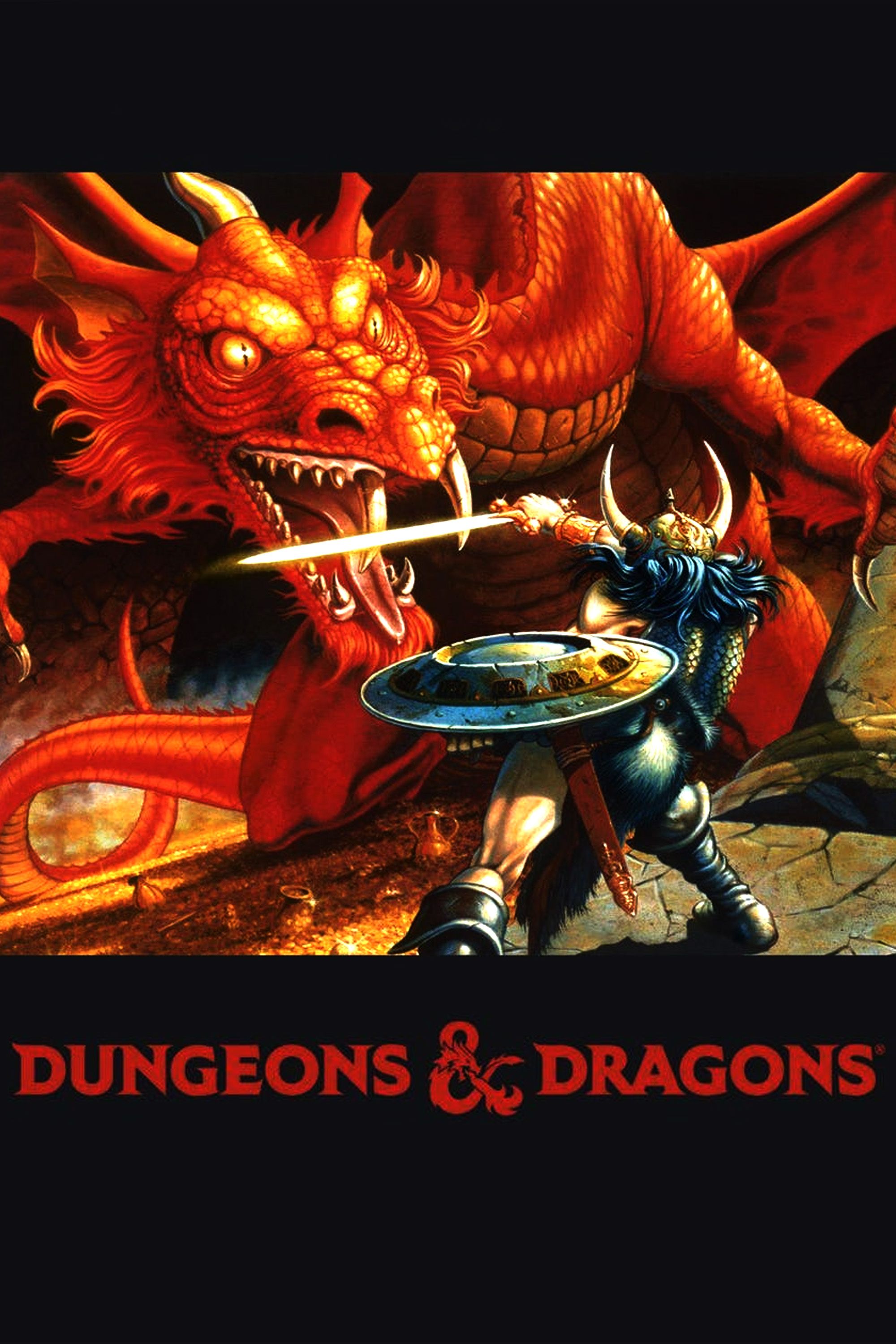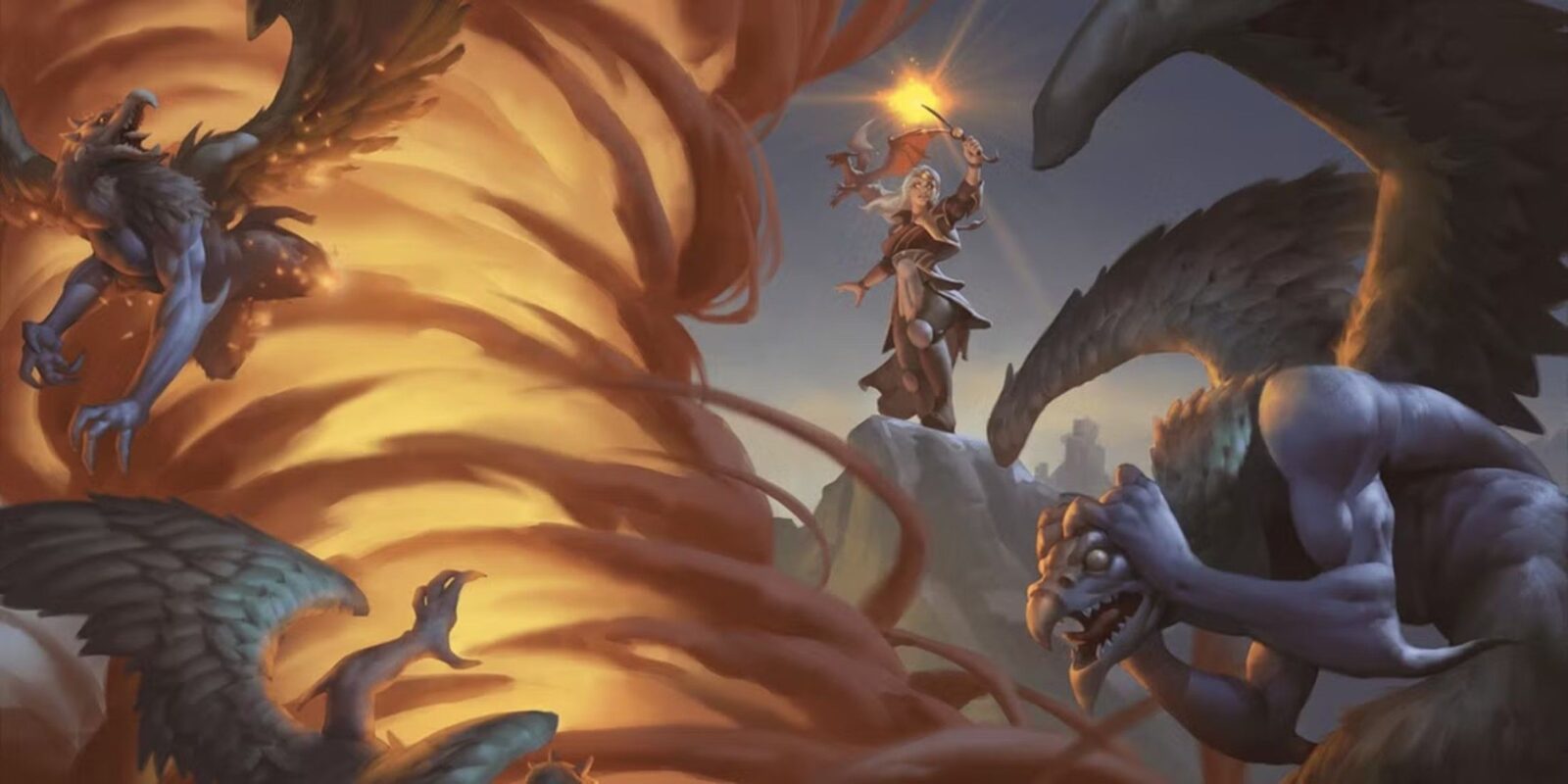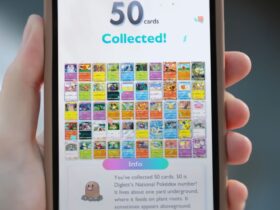2025 is set to be a big year for Dungeons and Dragons, capping off its new set of revised core books and moving towards a tidal wave of new material. However, it’ll also be a year for changes in Dungeons and Dragons circles, and there’s one optional rule that could grant some games new flair.
Wizards of the Coast has a lot lined up for Dungeons and Dragons in 2025, most notably the release of the revised Monster Manual in February. This will cap off D&D 2024‘s trio of revised core books, with the new Player’s Handbook and Dungeon Master’s Guide released last year. 2025 will also see a smorgasbord of new books for this burgeoning edition, including a new starter set and an anthology of dragon-related adventures.

Related
Dungeons And Dragons: 7 Tips For Running A Gothic Horror Campaign
Players interested in diving into a gothic horror campaign at their next D&D session may want to follow these tips and suggestions.
D&D Fans Shouldn’t Let 2014’s Spell Point Rules Slip Into History
On the other hand, 2025 will also be a year of major competition for D&D. MCDM’s Draw Steel, Critical Role’s Daggerheart, and Brandon Sanderson’s hugely successful Cosmere RPG are all set to release this year. The first two in particular are aimed squarely at fans of D&D and, even if they don’t cause anyone to quit D&D forever, will certainly inspire fans to think differently about the way they run and play their games—helping those who got into TTRPGs through 5e to broaden their horizons and to mix-and-match ideas.
With 2025 promising to be a year of new ideas for D&D fans, looking to the past might actually be a perfect way to bring in some spice. While 2024’s revised Dungeon Master’s Guide has been received far more favorably when compared to its 2014 predecessor, and not without good reason, it lacks many of 2014’s interesting optional rules. One of these optional rules is Spell Points, a way for players to completely change spellcasting with one simple twist: exchanging Spell Slots for a JRPG-style, mana-point system. This isn’t a simple change that should be dragged-and-dropped into any game, and should only be pursued with the DM’s permission, but it’s an idea with great potential for a one-shot or an experimental campaign.
How Spell Points Work
The Spell Point system isn’t too distinct from typical D&D spellcasting, with each spell level simply being equivalent to a number of Spell Points, with each caster having a pool of points that grows as they level up. For example, a Spell Point caster can use two points on a first-level spell, three for a second-level spell, five for a third-level spell, etc. Progression for gaining these points is more-or-less the exact same as Spell Slot progression. Casters also can’t use their points to cast higher-level spells if they’re not of the right level; second-level spells can’t be cast until level three, even though players have enough points to cast one at first level.
The big difference here is the added flexibility, allowing players to get the most use out of their spells. Rather than having low-level slots that can’t cast high-level spells, players can now use their points as they wish (though spells of sixth level or higher can only be cast once per day). For instance, a Spell Slot player at level three (playing a core caster, like a Bard or Wizard) would only be able to cast two second-level spells, with their other four slots reserved for first-level spells. However, a third-level Spell Point player can distribute spells as they wish, meaning they can use their 14 points to cast four second-level spells in a day. It certainly complicates D&D play, and it’d likely be less balanced in play, but it’s an undeniably freeing concept.
With the direction D&D is going, leaning more and more on high-magic fantasy, Spell Points have all the trappings of a fun experiment for players and DMs. The language of points comes easier than slots, and the flexible casting offered produces greater verisimilitude, even if it appears unbalanced.

Dungeons and Dragons
Created by Gary Gygax, Dungeons & Dragons is a tabletop game in which players craft their own worlds and band together to take on adventures through mysterious realms outlined in companion materials. One of the best role-playing games ever made, it has been adapted into a variety of video games and other media.
- Franchise
-
Dungeons & Dragons
- Original Release Date
-
1974-00-00
- Designer
-
E. Gary Gygax
, Dave Arneson











Leave a Reply